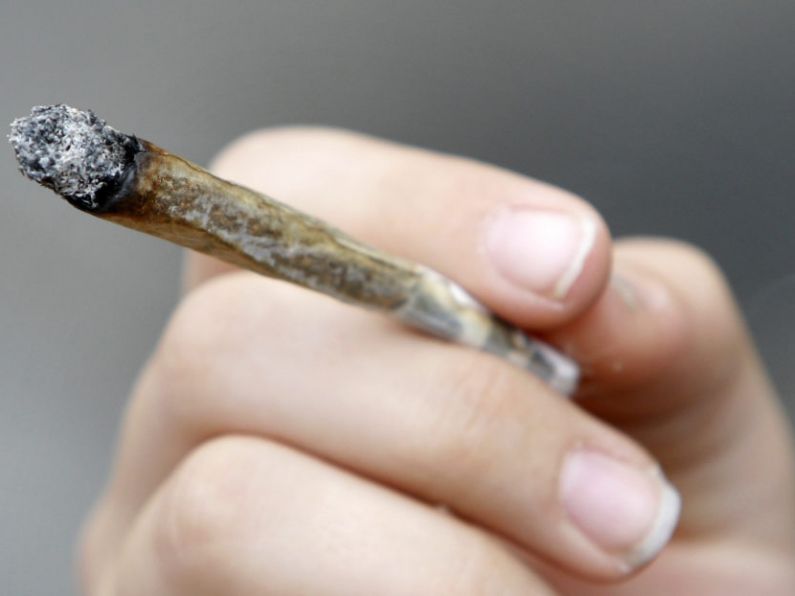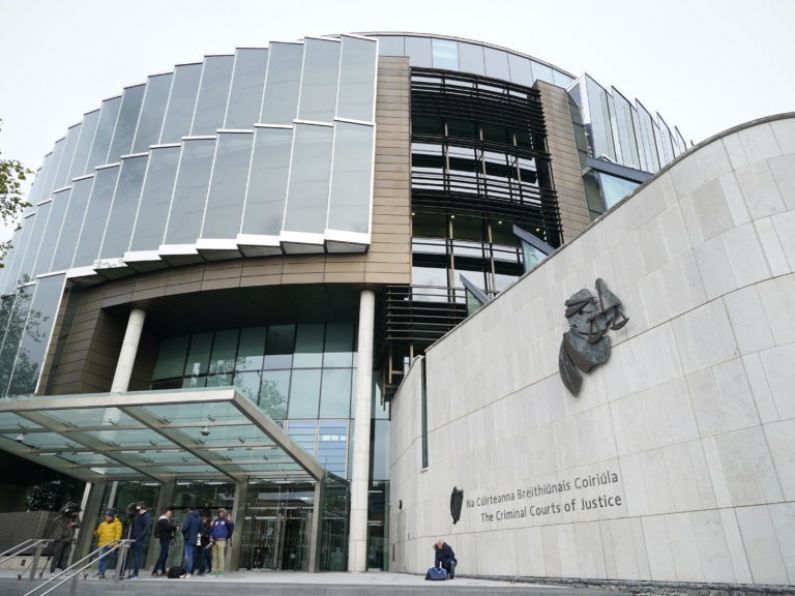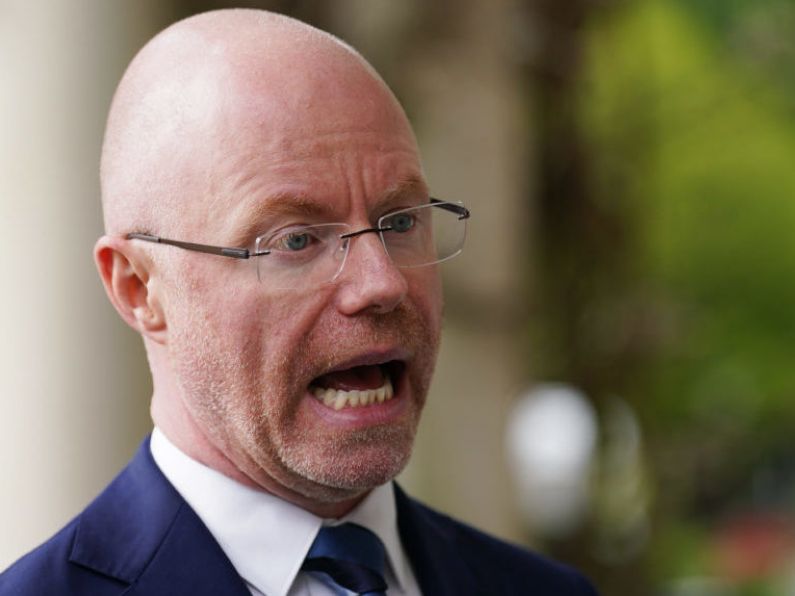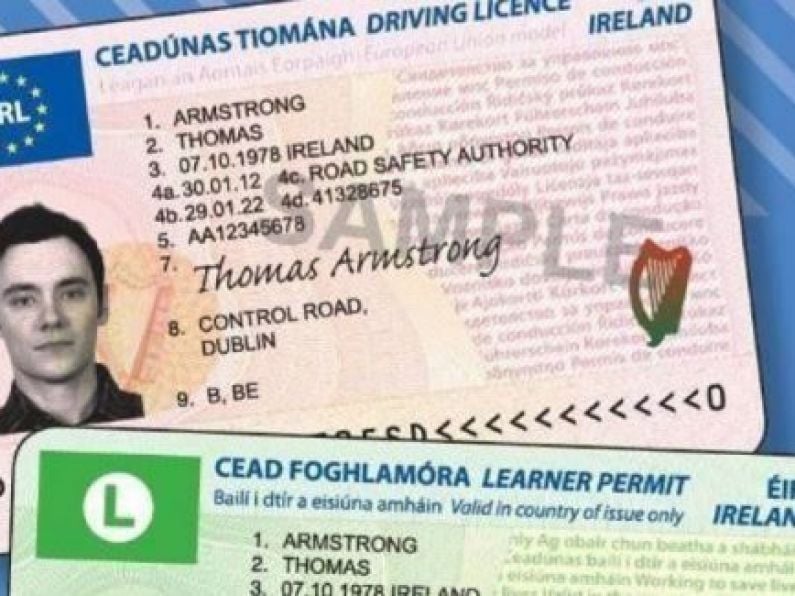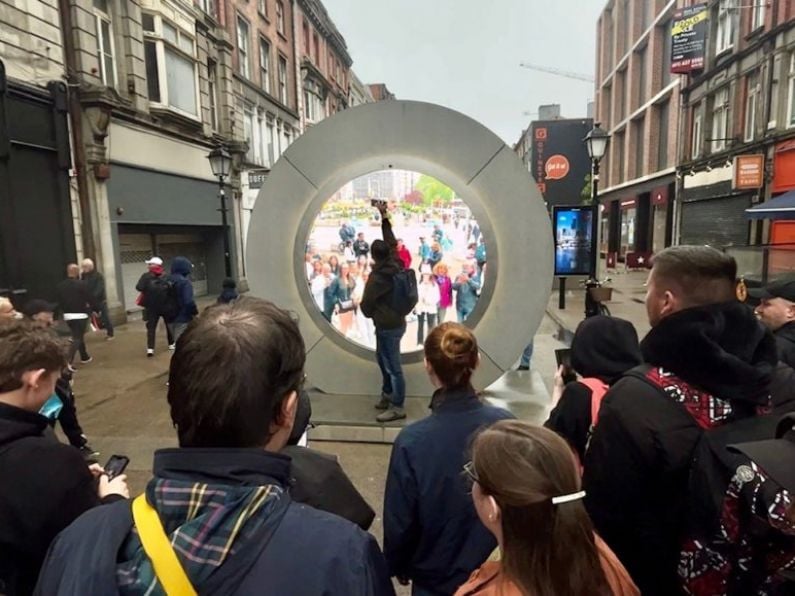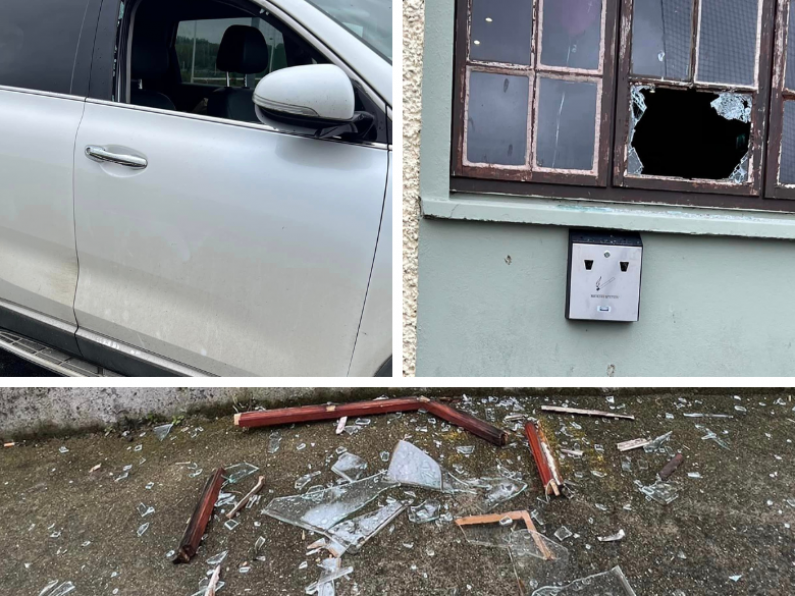There are warnings that cannabis is increasingly being adulterated with synthetic cannabinoids, boosting potency and potentially leading to grave health impacts, the Citizens’ Assembly on Drug Use heard.
Eleven EU member states have detected adulterated samples of the drug since 2020, with both fatal and non-fatal outcomes, Dr Eoghan Quigley of the European Monitoring Centre for Drugs and Drug Addiction (EMCDDA), said.
As the Irish Examiner reports, cannabis remains Ireland’s and Europe’s most popular drug with an estimated 15.5 per cent of people aged 15-34 (15m people) reporting using cannabis in the last year.
The drug is responsible for some 80,000 people accessing drug treatment in Europe, Dr Quigley said.
Innovation in the drug market is now driving high availability and greater diversity of substances — including through synthetic drug production and new trafficking routes.
Drug supply and use began to bounce back after the pandemic disruption, with increasing residues of drugs including cocaine, crack cocaine, and methamphetamine found in wastewater analysis between 2020 and 2021.
While darknet drug markets have seen signs of decline, generating €30,000 per day in 2021 rather than €1 million per day in 2020, overall digitisation of the drug market may have increased, with dealing now common through messaging apps and social media.
Dr Quigley also raised concerns about a potential increase in the use of methamphetamine, or crystal meth, in Europe, as the continent is now a major producer of the drug and record amounts of methamphetamine have been seized on the main heroin trafficking routes towards Europe from Afghanistan, as production of the drug has increased there.
The Citizen’s Assembly on Drug Use held its first meetings this weekend, where 100 members were told that drug policy could include options from depenalisation, decriminalisation, to full legalisation.
The Assembly will make recommendations on Ireland’s drug policy later this year to the Oireachtas.
A significant increase in the number of women, particularly young women, taking cocaine was noted by the HSE’s national clinical lead for addiction services, Prof Eamon Keenan.
And the number of people presenting for cocaine treatment has tripled in the last six years, with 34 per cent of those people in employment.
“From an Irish point of view, our rates of cocaine use are increasing across all age groups — 2.3 in 2019, up from 1.1 per cent,” said Prof Keenan.
